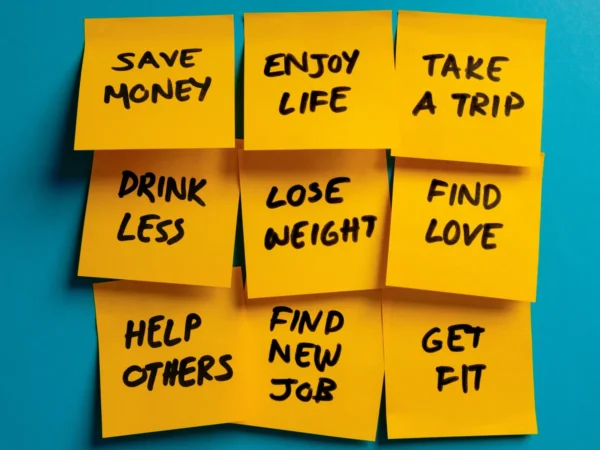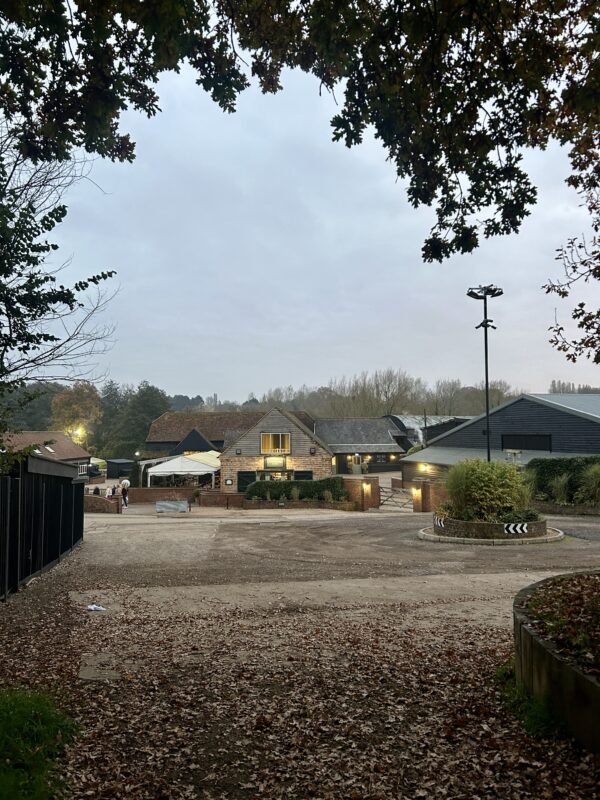
5 Tips to Help You Become a Better Writer
5 tips to help you become a better writer
“Description begins in the writer’s imagination, but should finish in the readers.” – Stephen King
1. Find a location or a chair you like. Sit in it.
The first exercise—and maybe the most important: Find a specific place to write. This is one of the best things you’ll ever do for your writing. Perhaps this place is your living room, perhaps (like me) it’s a nearby coffee shop.
It’s a hard thing to give yourself permission to take your writing seriously. Having a place that’s designated for your work is a great way to start!
The key is that once you find your spot, utilise it for writing and nothing else. As soon as you sit there, you write. You don’t read magazines, you don’t send emails. Write. That’s the only thing you do there. And the more you like going to this place, the easier this will become.
2. Start with a great question.
Now, that you’re in your seat, the question is: how do you start writing? My favourite writing exercise is to ask a question I’m curious about. Sometimes it’s a fun question, like what the couple at the next table is fighting about. Sometimes the question is more involved, like—how do commit to someone over a lifetime? This was the question that generated my novel The Divorce Party.
Whatever the question, imagine a character and think about how that character would answer. Then, answer the question from that character’s point of view. It’s an interesting way to dive into character stress-free and start to see how that character thinks and feels.
3. Count to five.
When I started writing, I read Stephen King’s book On Writing (which I highly recommend). In the book, King talked about writing ten thousand words a day. Every day. Ten thousand words a day is a lot. Though it explains how prolific King has managed to be. And having a word count you aim to hit each day is extremely valuable to writing effectively. I have a word count that I have to hit before my work for the day is complete. If I hit more, great. But I don’t get up, until I hit that number.
So for this exercise set a word count for yourself. Five hundred words (approximately 2 pages) is a good start. And the deal is that you don’t get up, you don’t get a second cup of coffee, you don’t answer the phone until those words are on the page.
Let go of what the words are. The goal is just to get them down on the page—and to keep going.
4. Take a walk.
I have several writer friends who swear by editing-while-walking—and very often, after I’ve hit my word count for the day, I’ll go for a long walk and something that felt challenging that day (a character detail, a story arc) will start to reveal itself in a new way.
Sometimes these walks involve getting lost in some great music or talking with a friend. (Bonus points if you’re talking through the story!) Sometimes it just means moving around and thinking about your story in a different way, playing it back to yourself like a movie.
5. Write when you’re a little sleepy.
I recently started working on the screenplay adaptation for my new novel Eight Hundred Grapes (the producers behind Twilight and The Fault in Our Stars are turning the novel into a movie!). Screenwriting utilises different muscles than novel writing. In many ways, I’m a novice all over again.
To help loosen up for the script writing, I’ve returned to an old trick: I write very early in the morning, right after I wake up. When you’re still a little sleepy, you’ll find the words flow a lot easier than when you’re alert. For night owls, this trick also works for writing late at night.
The key is to shut down your inner critic, to write when your defenses are down, to write when you’re the least likely to get in your own way. So forego the coffee, stay away from social media, and give yourself a few quiet and sleepy hours to see what you come up with.
And remember: You’re just writing your first draft, and your first draft is always for you. So enjoy yourself. The inner critic (and the rest of the world) doesn’t get a piece of any of it until at least draft two.
By: Laura Dave
Laura Dave is the international bestselling author of Eight Hundred Grapes, The First Husband, The Divorce Party and London is the Best City in America. Her novels have been published in fifteen countries and three of them, including Eight Hundred Grapes, have been optioned as major motion pictures. Dave’s writing has appeared in The New York Times, Glamour, Self, Redbook and Cosmopolitan. She lives in Santa Monica.















































